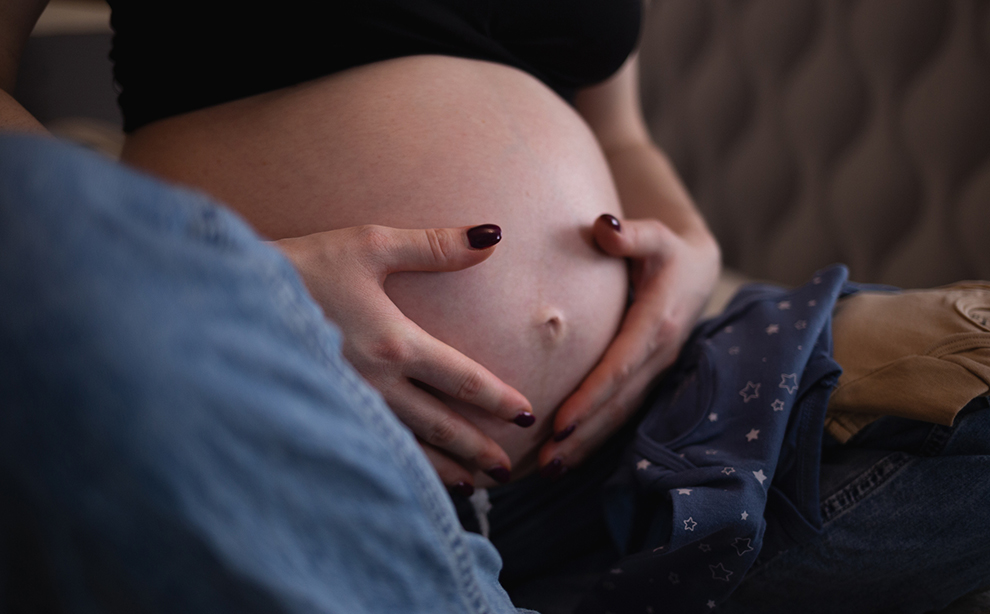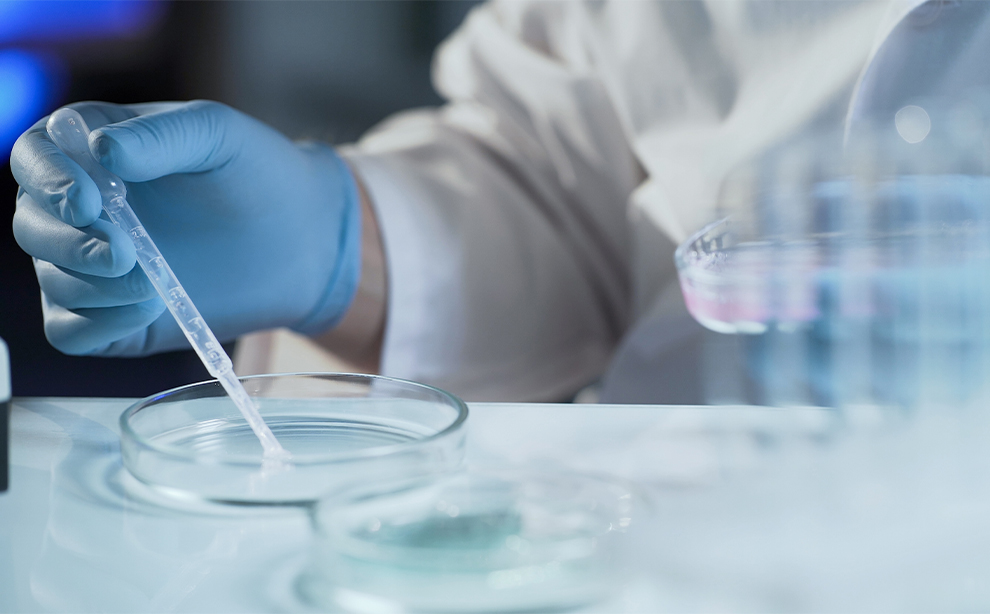Maternity units in England currently have the poorest safety ratings out of all other hospital services inspected by England’s healthcare regulator.
Despite efforts to improve NHS maternity care, a BBC analysis of Care Quality Commission (CQC) shows that 67% are deemed not safe enough, which is up 7% since last autumn.
The government have declared that maternity care is of the “utmost importance” and the Department for Health and Social Care (DHSC) said £165m was being invested into the maternity workforce. A shortage of midwives has been said to be the cause of the “deterioration”.
15% of maternity units are ranked “inadequate”, which has doubled since September 2022. Wards ranked inadequate means there is a large risk of avoidable harm to the mother and or the baby which has been rightly noted by the CQC as “unacceptable” and “disappointing”.
Kate Terroni, deputy chief executive of CQC says that “action needs to happen now”. It has been noted that the findings are the “poorest they have ever been” since 2018, when they started recording data in this way.
Injured at birth
In 2016, Rachel Tustain’s daughter Eve was injured during her birth. Rachel claims that safety issues are at an all-time high due to underfunding and lack of resources.
The “incorrect application of forceps” at Pinderfields Hospital, Wakefield, led to Eve suffering a bleed to her brain. Sadly, Eve passed away aged just five years old.
Rachel said that “the life she had was not the life she should have had” and acknowledged that maternity care needs more funding and needs to be the biggest priority within the NHS.
Since Eve’s passing, the Mid Yorkshire Teaching NHS Trust have apologised for the poor care experienced by Rachel and Eve and claim that “significant changes” have been made since Eve’s birth.
Increasing proportion of maternity units with safety issues
The CQC recently reported that 67% of maternity units are now classed as Inadequate or Requires Improvement for safety. They have increased the number of units they inspect to 178 and the proportion in the lowest category has increased by more than 50%.
Several attempts have been made to improve maternity care, including an NHS programme launched in 2016 after an inquiry into the failures that led to deaths of babies at the University Hospitals Morecambe Bay NHS Trust.
By 2025, the NHS propose to reduce the total number of fatalities resulting in poor care in maternity units by 50%. Unfortunately, they are not set to meet this target.
Since 2018, the Royal College of Midwives have been proposing a meeting with the Health Secretary, Jeremy Hunt, to discuss maternity safety, but this has not been prioritised.
Despite the negative statistics, the Minister for Women’s Health Strategy has stated the government is “working incredibly hard to improve maternity services, focusing on recruitment, training, and the retention of midwives”.
Positive changes
Pippa Nightingale is the chief executive at Northwick Park Hospital, which was previously rated “inadequate” for safety, and has highlighted that there are positive changes being made at the north-west London trust. Although there are still improvements to be made, the rate of stillbirths has now declined to below the national average.
Clea Harmer said on BBC breakfast that the aim moving forward, to improve maternity safety, is to create a culture where parents feel they are “listened to, respected, and heard”.
Due to the Covid-19 pandemic, Wales has delayed the second phase of a maternity review. Whilst the Scottish Government has said that they are committed to high-standards of maternity care. A review has been called for a new safety strategy in Northern Ireland.
Ally Taft, Head of Clinical Negligence says, “I see first-hand the devastating effect of these statistics. I act for many children that have been harmed during childbirth with life-changing injuries that impact on the whole family. We see the same issues repeated in hospitals across the country and little evidence of any learning. Clearly more needs to be done and adequate staff levels must be provided, with adequate training to prevent these catastrophic events.”





